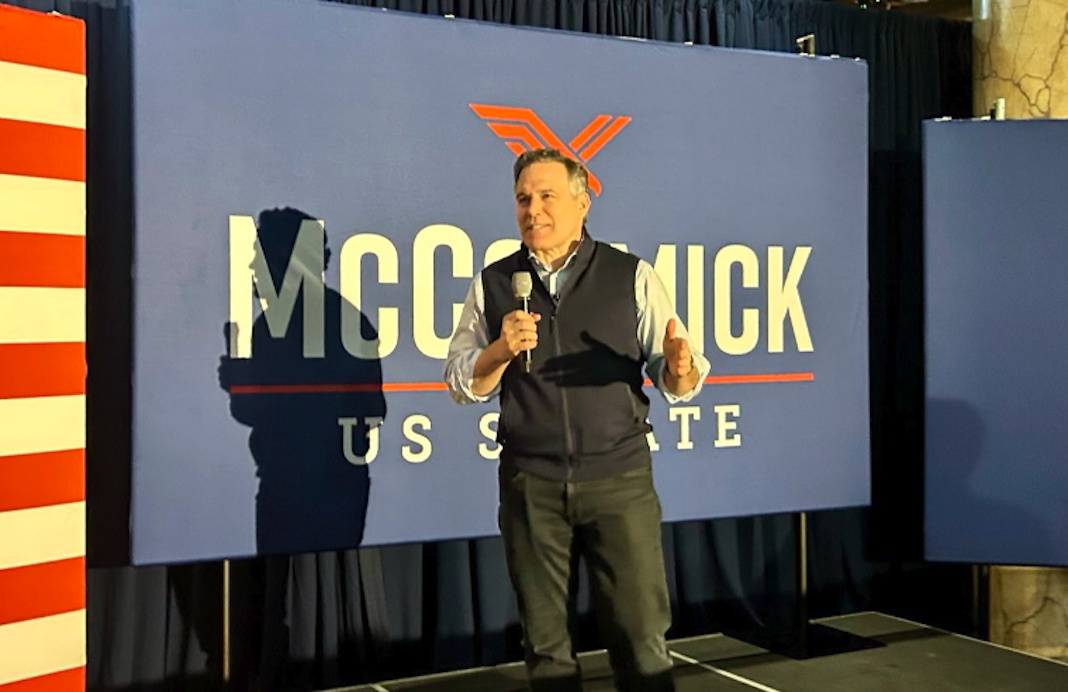National, U.S. House, U.S. Senate
Tester-backed fentanyl crackdown bill signed into law

National, U.S. House, U.S. Senate

National, U.S. House, U.S. Senate, White House

National, U.S. House, U.S. Senate

National, U.S. House, U.S. Senate, White House



Politics, Repro Rights, Supreme Court


Elections, Politics, Repro Rights, U.S. Senate